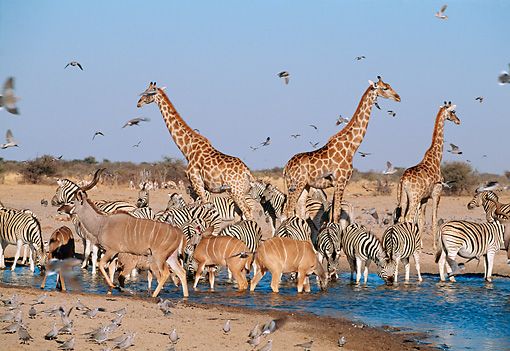The Federal Government of Nigeria has announced a new partnership with Germany and the United Nations Office on Drugs and Crime, (UNODC) to effectively tackle wildlife and forest crime and strengthens Nigeria’s response to the trafficking of wildlife and forestry products.
This alliance was necessitated by failed efforts to quell the illicit trading of wildlife, which were undertaken by the agency responsible for protecting endangered species, the National Environmental Standards and Regulations Enforcement Agency (NESREA).
The World Wildlife Crime Report 2020 recently launched by the UNODC found that in 2019 alone, at least 51 tons of pangolin scales seized globally originated from Nigerian ports compared to only 2 tons in 2015.
FG Vows to Prevent Extinction of Donkey
The report showed that in 2019, more than half of all seizures of pangolin scales worldwide could be traced back to Nigeria.
The UNODC offers practical assistance and encourages transnational approaches to action in all regions of the world through its global programs and network of field offices.
Commenting on the matter, Oliver Stolpe, the UNODC representative in Nigeria, warned that the potential for transmitting zoonotic diseases, such as COVID-19, from animals to humans increases when wild animals are poached from their natural habitats, butchered and sold illegally.
Tiger at a New York Zoo Tests Positive for Coronavirus
The German Ambassador to Nigeria, Birgitt Ory, said: “Together with UNODC we seek to support the Nigerian government in the important fight against trafficking in illicit wildlife products. We have a shared interest in preserving nature’s riches for future generations.”
Meanwhile, Aliyu Jauro, director general and CEO of the NESREA, expressed optimism that “the successful implementation of the project will reduce the illicit trade in endangered species of wildlife to the barest minimum and Nigeria will regain her good image in the CITES community.”



